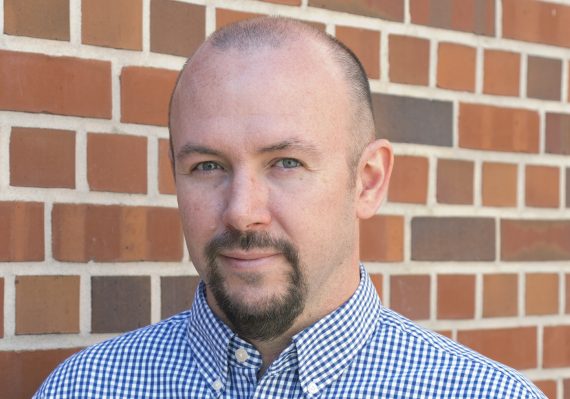On Thursday, September 21st at 3:00pm, UF ISE will be hosting Dr. Jean-Philippe Richard for the department seminar series. Dr. Richard will be speaking about “A review of recent research on convexification techniques for complementarity and cardinality constraints, and a vision for the future of ISE at UF.” The seminar will be held in the New Engineering Building, in room 100.
A review of recent research on convexification techniques for complementarity and cardinality constraints, and a vision for the future of ISE at UF
In many fields, such as telecommunication, logistics, and genetics, a decision-maker often prefers to find a solution where only a fraction of potential resource assignments is selected. Such solutions are easier to interpret and implement, but they may be difficult to identify. It is therefore imperative to identify structural results that can be used to improve solution algorithms. In the first part of the talk, I will describe recent results we obtained for these problems and describe applications in data analysis and network interdiction.
In the second half of the talk, I will present a vision for the future of ISE at UF. This vision focuses on quality undergraduate and graduate education, sustained outreach to stakeholders, vibrant scholarship, and nationally-recognized research that will reflect the constant evolution and ever-increasing diversity in industrial engineering.
About Dr. Richard
Dr. Richard is a professor of Industrial and Systems Engineering (ISE) and PhD coordinator at the University of Florida. He received his undergraduate degree in applied mathematics engineering from Universite Catholique de Louvain, in Louvain-La-Neuve, Belgium. He holds a PhD in Algorithms, Combinatorics and Optimization from the School of Industrial and Systems Engineering (ISyE) at the Georgia Institute of Technology. His research interests are on theoretical and computational aspects of mixed integer linear and nonlinear programming. He is particularly interested in convexification techniques and polyhedral approaches for these problems. He also has interests in transportation and logistics applications, having carried cooperative research with Class I railroads. His research has been funded by NSF, Union Pacific and CSX. He is an associate editor for IISE Transactions, Optimization Letters, and IMAMAN. He is the recipient of a CAREER award, and a best application paper award (IIE transactions).
